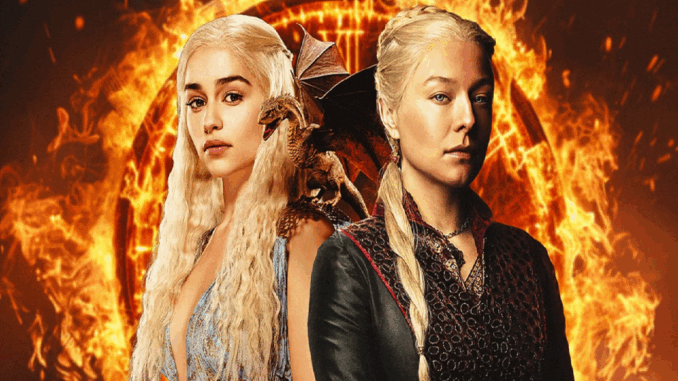
House of the Dragon is not shy in its connections to Game of Thrones. As the first in a long string of spin-offs to the fantasy series, the show’s success can be at least partially attributed to Game of Thrones fans who came back for more. Though House of the Dragon goes out of the way to connect to its predecessor, the continuity between them is usually pretty good. Yes, the Iron Throne in House of the Dragon is more grand, and other details have changed, but there are not many glaring issues in the story. It helps that the two series are far removed. Because there are more than 100 years between them, House of the Dragon and Game of Thrones have little opportunity to directly overlap. The family names and locations are the same, but everything else has time to change, except the biggest connection between the shows: the Song of Ice and Fire prophecy.
How Does ‘House of the Dragon’ Address the Prophecy?
House of the Dragon has brought up this prediction many times since the first episode, but before this, there has been no issue. The knowledge of the prophecy may be added to the series, but it only raises the stakes of the war, as Rhaenyra holds the message while Aegon (Tom Glynn-Carney) does not. Though Viserys did try to interpret these words, believing Rhaenyra to be the one the prophecy spoke of, as he accidentally told Alicent (Olivia Cooke) before his death, this was a flawed interpretation that has no impact on Game of Thrones’ story. The reference in the Season 2 finale is different. Daemon (Matt Smith) does not learn the prophecy as Aegon told it but sees it himself, though he is not a dreamer. After his visions in Harrenhal, Alys Rivers (Gayle Rankin) tells him it is time to learn his fate, so he places a hand on the Heart tree and sees a similar premonition to his ancestor.
Who Is the Prince That Was Promised in ‘Game of Thrones’?
Though Aegon I tried to keep the prophecy close, people besides the Targaryens learned of it by Game of Thrones, most notably the prophets of the Lord of Light – and it’s a good thing, too, because the Targaryen lineage got so messed up the secret was lost. Throughout the series, many prospective candidates are believed to be the prince of the prophecy. First, Melisandre (Carice van Houten) bestows the title on Stannis Baratheon (Stephen Dillane), but he dies before the time comes. Next, Melisandre suspects Jon Snow. However, at the same time, other servants of the Lord of Light in Essos preach that Daenerys is the one of prophecy.
Of course, neither Jon nor Daenerys are the ones to officially kill the threat, a job that, oddly enough, went to Arya (Maisie Williams), who fits no other requirements of the Prince That Was Promised. Because of that twist, the identity of the Prince That Was Promised is slightly ambiguous. However, throughout Game of Thrones, it is Jon’s plot to fight the White Walkers and protect the realm from the threat. It may be imperfect, but in Game of Thrones, Jon best fulfills the prophecy, which makes it odd that House of the Dragon depicts Daenerys in the role.
Could ‘House of the Dragon’ Be Right?
While House of the Dragon does defy Game of Thrones, it is possible that the series based this decision on something else. George R. R. Martin‘s still unfinished Song of Ice and Fire novels go deeper into the prophecy, and the answer to who will be the Prince That Was Promised in Martin’s version of the story is unclear, but Daenerys remains a possibility. This could explain House of the Dragon‘s choice, or it could simply be that Prince That Was Promised or not, Daenerys plays an important role in that story.
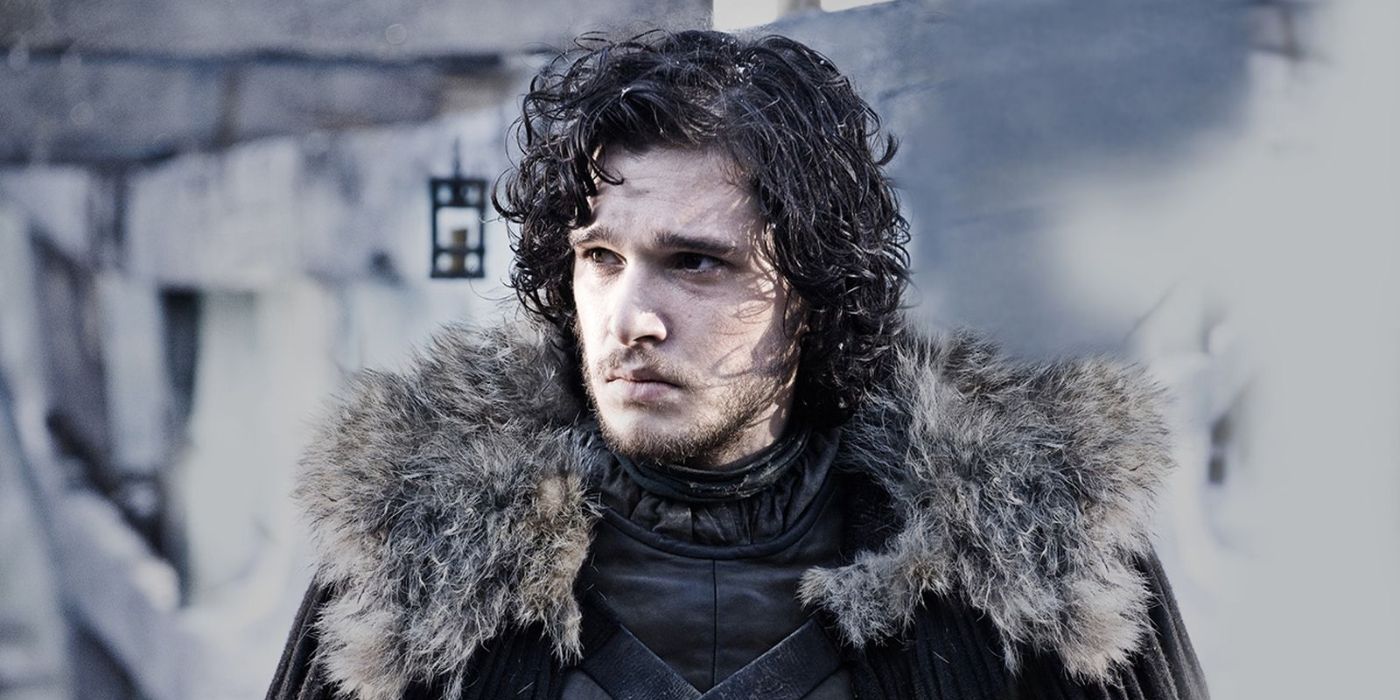
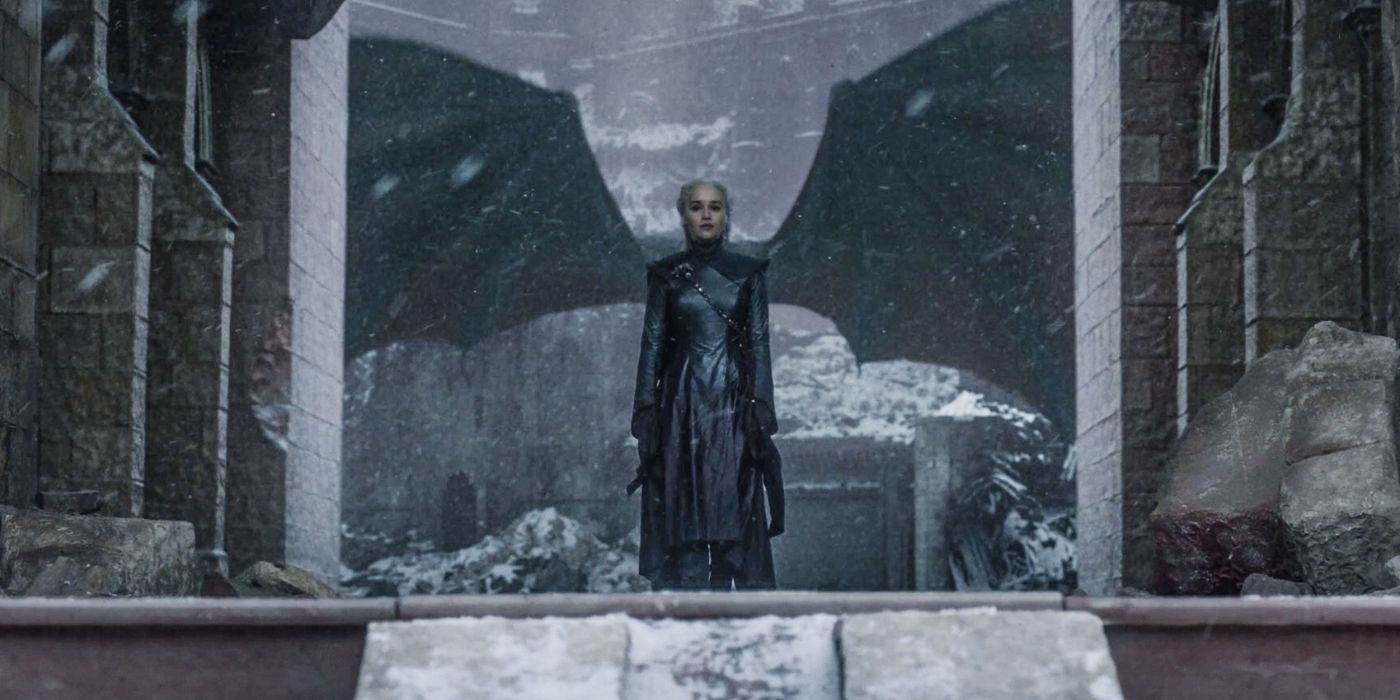
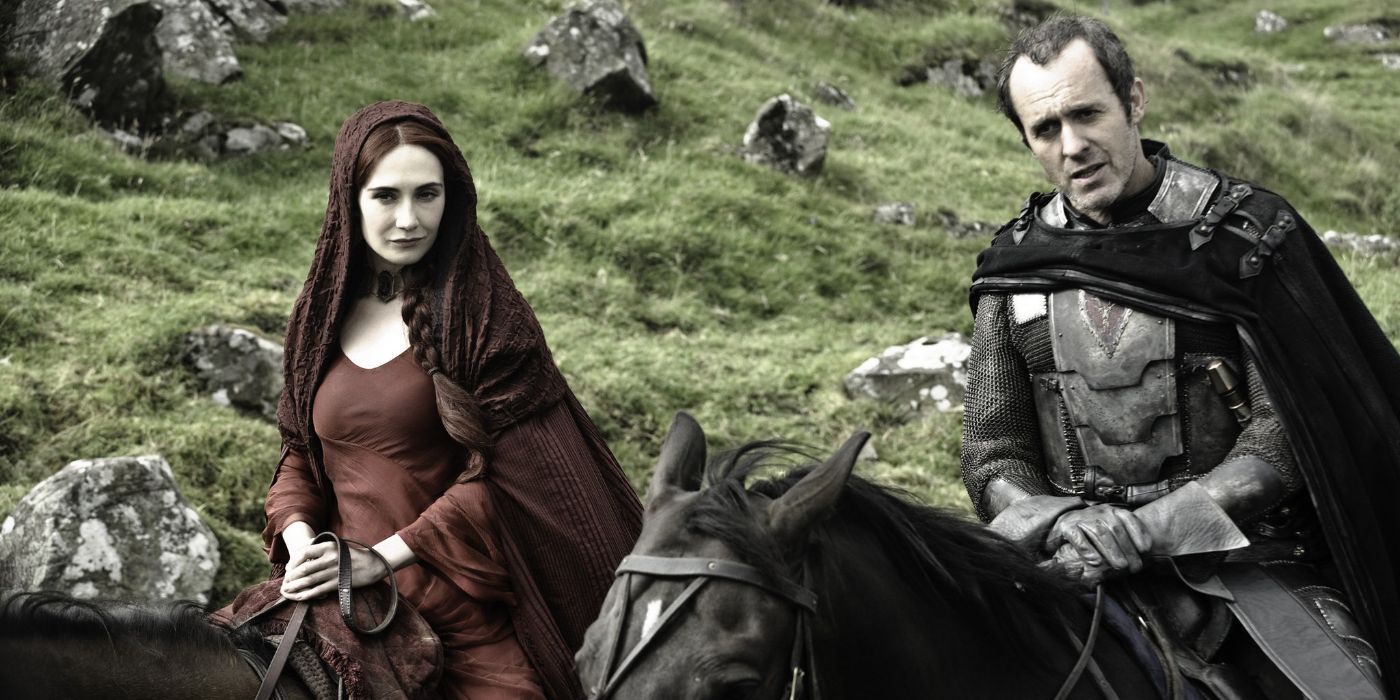
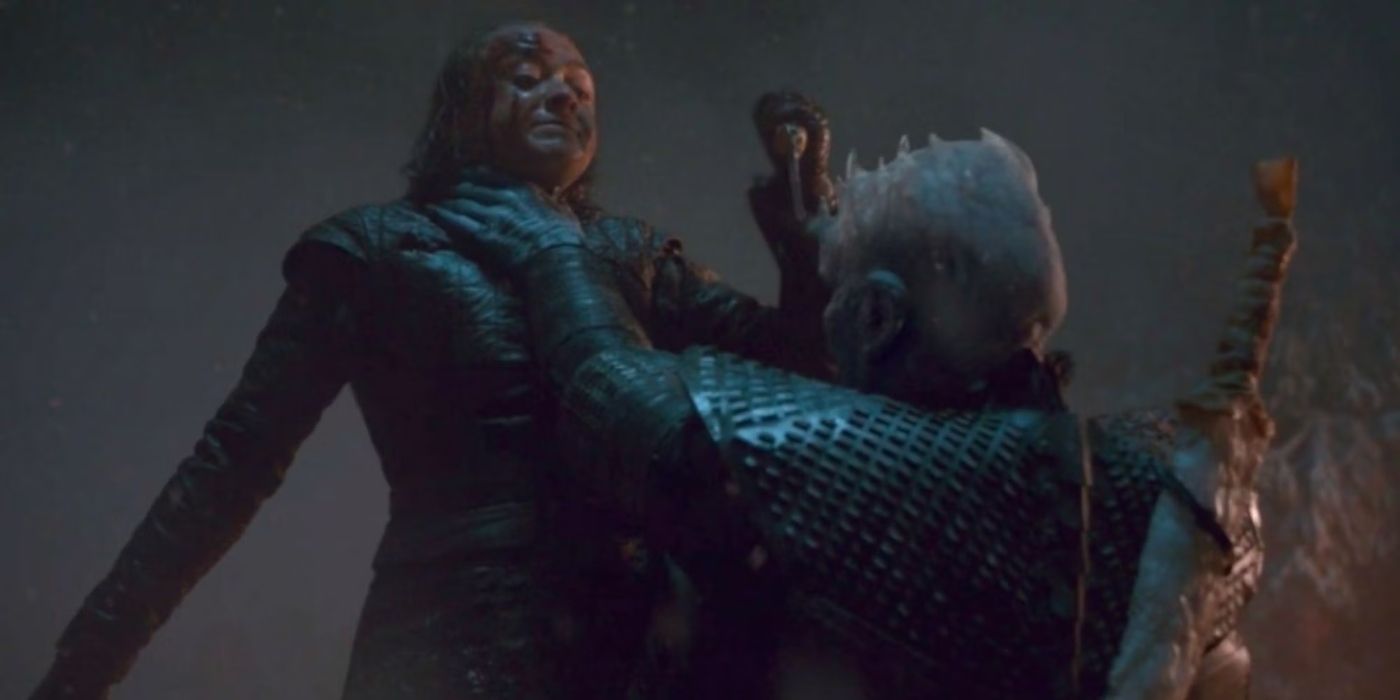
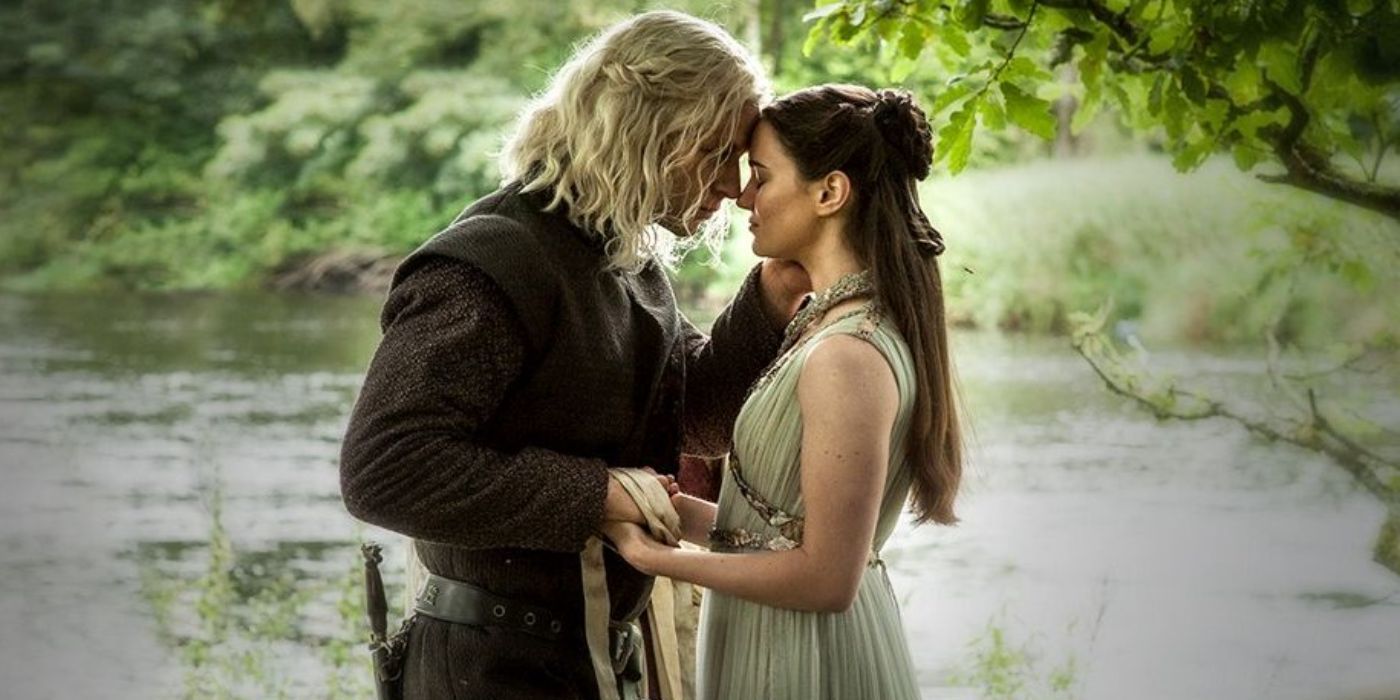
.jpg)
